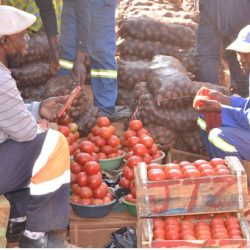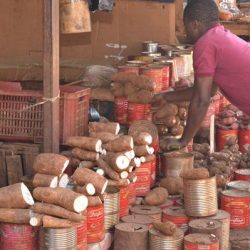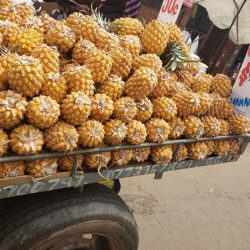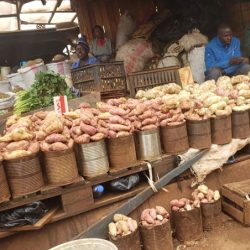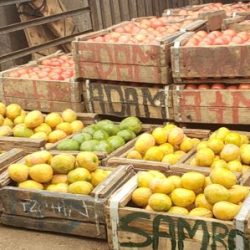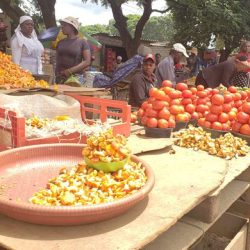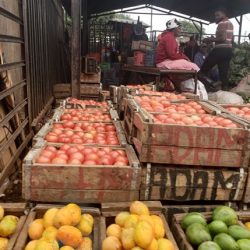Why African politics should stop undermining socio-economic development
Why African politics should stop undermining socio-economic development It is now widely known that politics sets the tone and context within which countries can convert natural resources such as land and minerals into better lives for citizens. However, the brand of politics in most African countries has continued to undermine socio-economic development in several ways. Read more about Why African politics should stop undermining socio-economic development[…]

